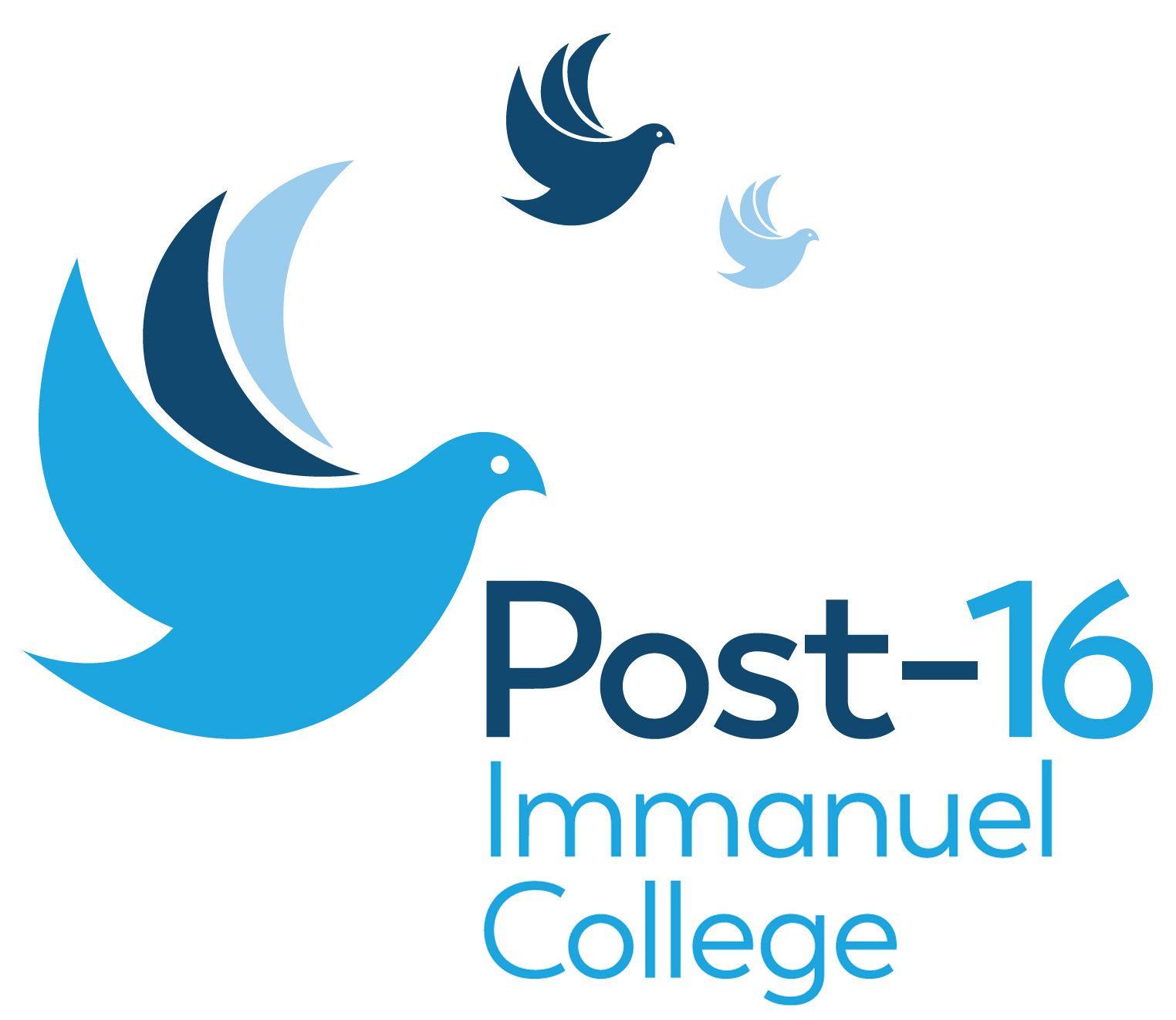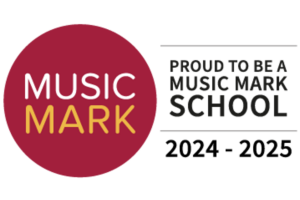
- Overview
- Welcome from the Headteacher
- Post-16 Team
- Admissions
- Post-16 Prospectus
- Subjects
- English Language & Literature
- English Literature
- Maths
- Further Maths
- Biology
- Chemistry
- Physics
- Applied Science (Applied General)
- Art
- Criminology (Applied General)
- Drama & Theatre
- Film Studies
- French
- Geography
- History
- IT (Applied General)
- Law
- Law (Applied General)
- Media Studies
- Music
- Music (Applied General)
- National Extended Certificate in Uniformed Protective Services (Applied General)
- Philosophy, Theology, Ethics - Religious Studies
- Photography
- Psychology
- Sociology
- Spanish
- Sport (Applied General)
- Technical Business (Level 3 - Extended Certificate)
- Travel and Tourism (Applied General)
- Hospitality (Level 2)
- Leadership through Sport (Level 2)
- Public Services (Level 2)
- Employability
- Maths and English GCSE Resit
- Student Leadership
- Results & Student Progression
- Trips & Opportunities
- Charity Work
- Our Facilities
- New Build
- Enrichment
- FAQs
- Exams Information
- Year 10 Information Evening
- Go Higher West Yorkshire
Psychology
Why choose this subject?
Psychology is the study of human behaviour and interaction. It aims to answer the questions:
- Why do I do that?
- Why did they make that choice?
- How can we change our behaviour?
Through studying psychology you’ll be able to refine your analytical and organisational skills and learn about scientific research methods, including collecting and working with data.
Learning about human behaviour can also help to develop your communication skills and improve your teamwork and leadership skills.
What will you study?
Year 12
In Year 12 you will look at social influence, memory, attachment, approaches in psychology, psychopathology and research methods.
Year 13
In Year 13 you will recap the above topics, as well as looking at relationships, aggression and eating behaviour.
How is this course assessed?
Psychology is usually taken over two years leading to an A Level in Psychology. However, you can choose to stop Psychology at the end of Year 12 with an AS qualification.
Psychology is an exam only course, with exams taking place at the end of the course.
At the end of Year 13 you will sit three exams of 2 hours each.
![]()
Psychology Intent
This AQA A Level qualification offers an engaging and effective introduction to Psychology. Students will learn the fundamentals of the subject and develop skills valued by Higher Education and employers, including critical analysis, independent thinking and research. The specification reflects advances and changes in the subject curriculum and provides a coherent and holistic programme of study.
At Immanuel College, sixth form students have the opportunity to access a high-quality Psychology curriculum that is both enjoyable and challenging. It is a fully comprehensive school, where the Psychology curriculum is accessible for all.
The Psychology course provides students with a broad understanding of the different psychological perspectives, an understanding of how people relate to each other in society, an understanding of biological and psychological processes and behaviours and broad practical applications from the theory. These include the ability to conduct psychological research, a greater awareness of the human condition and how best to approach and treat a range of human behaviours using biological and psychological therapies1.
The purpose of our curriculum is to broaden students’ curriculum horizon in a subject that they have never studied prior to A Level. Psychology as a subject is very relevant in a diverse and ever-changing world and supports students in their ability to empathise with others and engage in deep thinking about the people around them. Students gain cultural capital in a number of ways through the curriculum. Students develop their literacy by broadening their vocabulary, which is achieved through class discussions, lesson resources and materials including; booklets, command term sheets, key terms sheets for each topic, textbooks and reading articles.
Wider reading is also developing literacy where students read articles outside of lessons in preparation for discussion in lunchtime sessions. Class discussion in a variety of topic areas allows for stereotypes and assumptions to be challenged and in turn broadens student’s understanding of the world that we live in. Documentaries/media clips in lessons for example when looking at mental disorders allow students to have a greater appreciation and awareness of issues in society2.
We aim for mastery that is embedded throughout the two-year course, engaging with strategies which help students to develop not only a deep but a secure knowledge and understanding of Psychology, which will enable students to build on their resilience, problem-solving skills and confidence in their learning journey and the progress that they make.
The students are aware of what they are aiming to achieve in the curriculum and what their curriculum journey will look like. The students will have regular informal and formal assessment opportunities to allow them to better understand how to achieve and make progress in Psychology, with opportunities embedded for students to reflect on their progress. Ultimately students will develop a love and appreciation for Psychology3.
1 Ephesians 2:10 – ‘For we are God’s masterpiece, created in Christ Jesus to do good works which God prepared in advance for us to do.’
2 John 10:10 – Jesus said, ‘I have come that they may have life and have it abundantly.’
3 Philippians 4:8 – ‘whatever is true, whatever is noble, whatever is right, whatever is pure, whatever is lovely, whatever is admirable—if anything is excellent or praiseworthy—think about such things.’
Subject Maps
Curriculum Plan
What next?
Psychologists can work in social care, mental health, education, business, research and sports.
Psychology A-level can be useful if you are looking into a degree or further study in Law, Sociology, Critical thinking and Sport.








